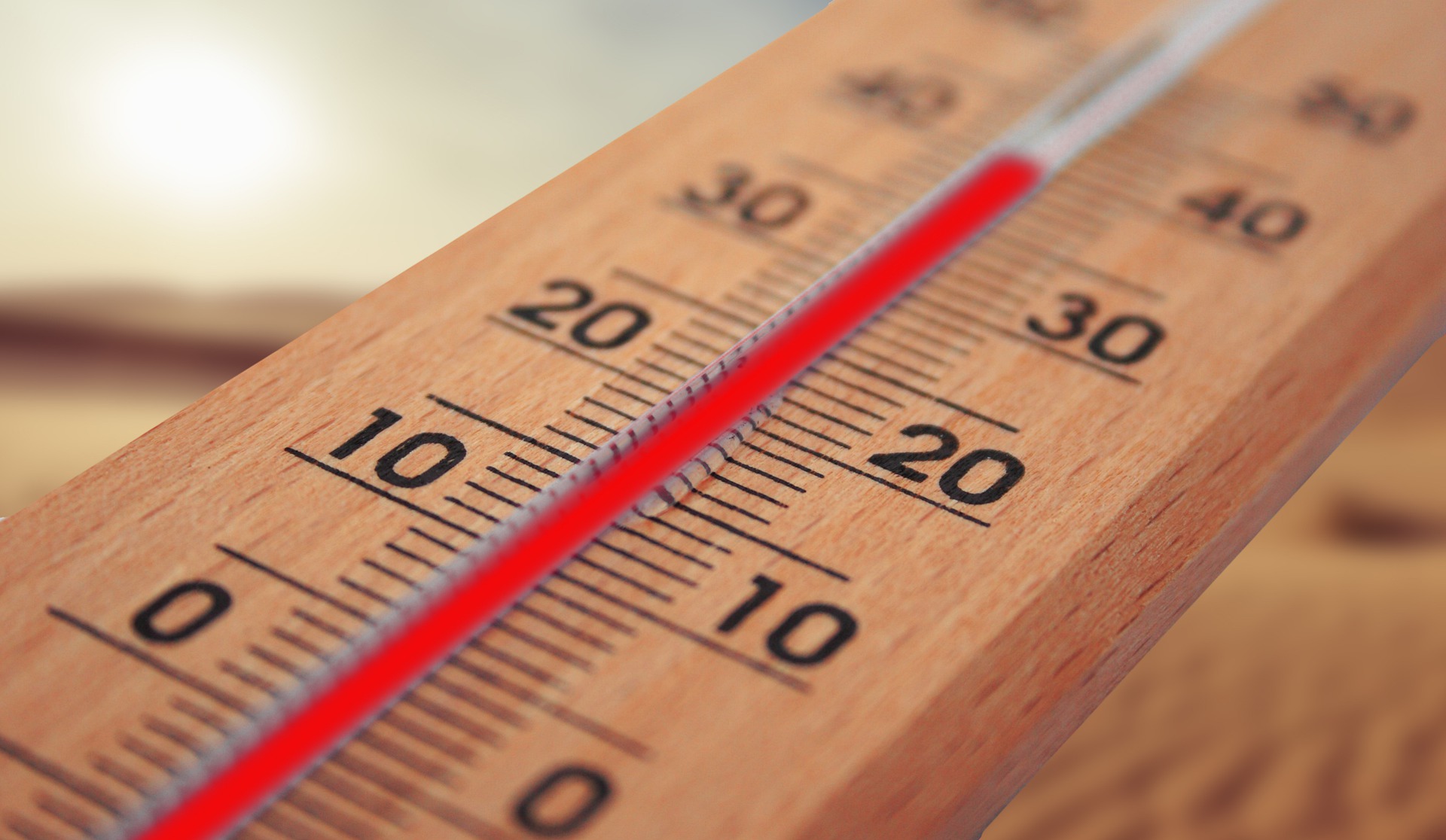Decades-long temperature records continued to unofficially break amid last week’s heat wave with highs of more than 30 degrees holding for several days in a row.
Most of the heat records for Alberta have been held for several decades despite seemingly record-breaking temperatures that occur nearly every summer. Environment and Climate Change Meteorologist Brian Proctor says this is due to the way ECC utilizes different temperature reading methods to develop a period-specific “long-term” temperature record.
“We try to think about these things in a number of ways, part of the problem is our climate records tend to get breaks in them,” he says.
Proctor explains that when ECC looks at potential record breakers, a number of factors are considered before the record can be officially called “broken.” He says looking at a variety of temperature readings is a critical part of the process, to ensure the new records are verifiable.
“We use sort of a blended long-term climate record, melding all the sites together that we can in the area to come up with a long-term climate record for the area,” he says. “It’s a little bit different than what’s displayed on the weather office web page but it’s fairly similar.”
Taking a look at Environment Canada’s web page reveals that the highest recorded, verified temperatures are typically measured between the mid-1940s and the early 2010s, despite temperatures shattering the old records in recent times.
Proctor says when new records are verified, special notices will be available to view on ECC’s website.



